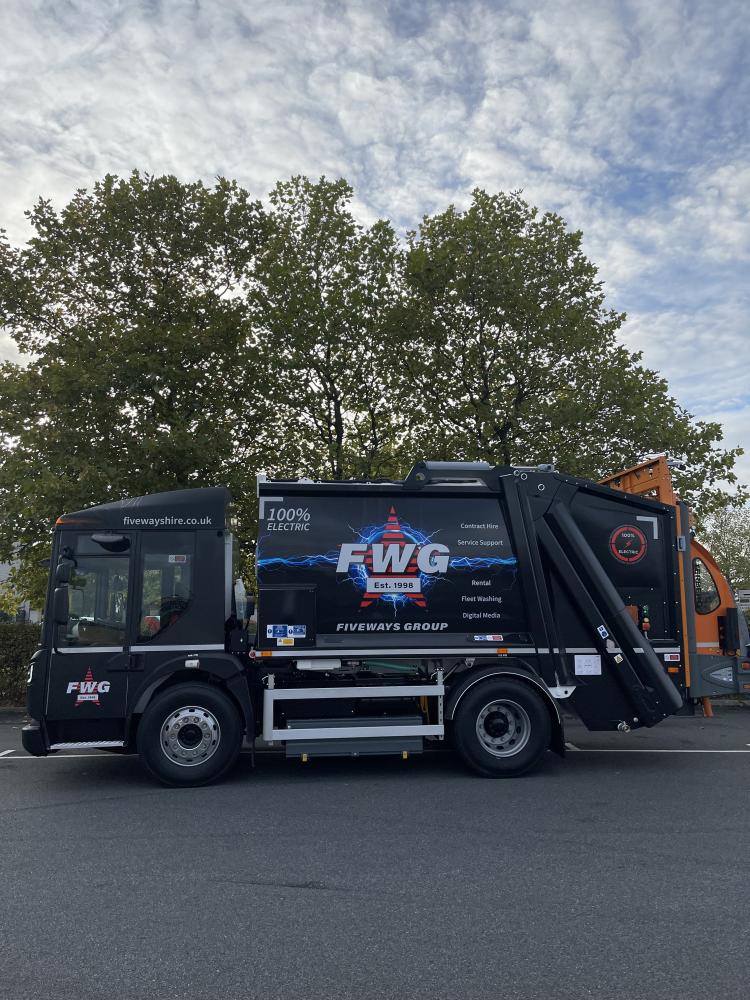Fleet Hire Vs Fleet Ownership
Fleet Hire Vs Fleet Ownership: What’s Best for Your Business?
When it comes to managing vehicles for your business, one of the biggest decisions you’ll face is whether to own your fleet outright or hire it through a contract or leasing agreement. It’s not a one-size-fits-all answer unfortunately, and the right choice depends on your financial strategy, operational needs and how much of a risk you are willing to take.
In today’s climate, where cash flow is under pressure and flexibility is more valuable than ever, many businesses are rethinking traditional ownership models in favour of more adaptable alternatives.
Fleet Ownership: The Traditional Approach
For many businesses, owning vehicles outright has always been the default option. It offers a sense of control; you purchase the asset, manage it in-house and eventually, it becomes part of your day to day. If your vehicle needs are stable and long-term, ownership can seem like a logical investment.
There are definitely a few clear advantages that come with full ownership, such as no ongoing hire fees or contract obligations. You can modify the vehicle as needed, control how it's used and potentially benefit from resale value when it’s time to renew your fleet.
However, the downsides of ownership have become harder to ignore. Buying vehicles outright requires significant upfront investment, as well as businesses taking on the full risk of fluctuating resale values and unexpected maintenance costs. In addition, vehicle compliance, inspections and repairs all become internal responsibilities, creating added pressure on teams that may not have the resources to manage them.
For companies navigating evolving fleet needs, these factors are leading many to explore more flexible alternatives.
Fleet Hire: A Flexible Alternative
As business pressures evolve, so too does the way organisations approach fleet management. For many operators, fleet hire (particularly contract hire) offers a flexible and financially strategic alternative to ownership.
Lower Upfront Costs & Improved Cash Flow
One of the most immediate benefits of contract hire is the ability to avoid having to pay a large upfront cost. Instead of using significant funds in vehicle purchases, businesses can use the money for unforeseen challenges or invest in other areas of growth. This is good news for any business wanting to take a cautious approach to spending.
Predictable Budgeting
With fixed monthly payments, fleet hire makes it easier to plan ahead and control costs. There’s no need to budget for depreciation or worry about vehicle values changing, which is a common headache for fleet managers. You know exactly what you're paying each month, making financial planning more straightforward.
Reduced Downtime & Maintenance
Well-maintained vehicles are critical for keeping operations running smoothly. Contract hire agreements often include contract maintenance, which means regular servicing and upkeep are taken care of. This reduces the risk of unexpected breakdowns, unplanned costs and the need for temporary vehicle replacements. It also helps ensure compliance with safety and legal requirements without using internal resources.
Custom Specifications
Vehicles can be fully customised to meet the needs of your operation, whether that’s 360-degree cameras, audible safety alarms, or integrated telematics. Increasingly, businesses are using these systems to track performance, and this can all be built into the hire package.
A Greener Future
With the cost of electric and hydrogen-powered vehicles often exceeding traditional models, leasing offers a more affordable route to more sustainable transport. As sustainability becomes a higher priority, contract hire allows businesses to trial or transition to low-emission vehicles without committing to full ownership.
In short, fleet hire provides a practical balance of flexibility, cost control, and operational resilience, all without the long-term risk of ownership.
Choosing the Right Option for Your Business
There is not a universal answer when it comes to fleet strategy. The right choice depends on each businesses model, goals and budget.
Fleet ownership may still make sense for businesses with long-term vehicle needs and the internal resource to manage them. If you want complete control over your assets and don’t mind the costs, ownership can offer long-term value, particularly if resale potential is factored in.
On the other hand, contract hire has become more and more attractive for businesses looking for flexibility and reduced financial risk. With fixed monthly costs, lower upfront investment and fewer maintenance problems, it frees up time and money to focus on running your business. It's also a future-proof choice in a rapidly changing landscape.
In some cases, a mixed approach may be the best of both worlds; owning part of your core fleet while using contract or spot hire to respond to any changes in demand. It’s all about knowing your priorities.
Conclusion: A Smarter Approach to Fleet Management
The way you manage your fleet has never been more important. At Fiveways, we work closely with businesses to understand their needs and tailor fleet hire solutions that work for today and adapt for tomorrow. Whether you’re exploring contract hire for the first time or looking to rebalance your current fleet strategy, we’re here to help you make a decision that supports your goals and keeps your operations moving.
